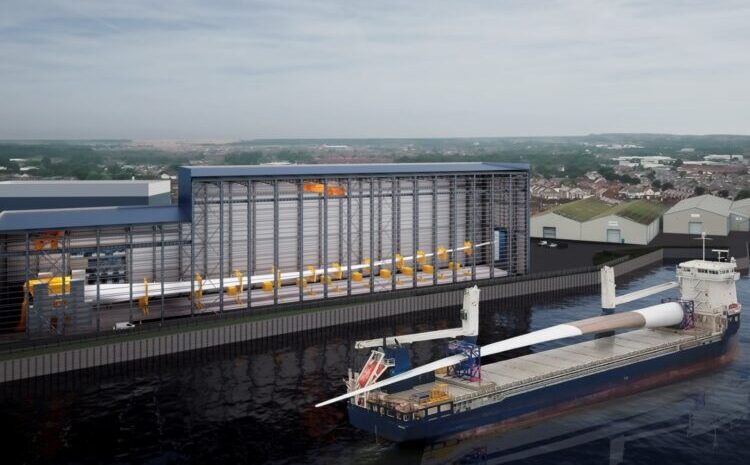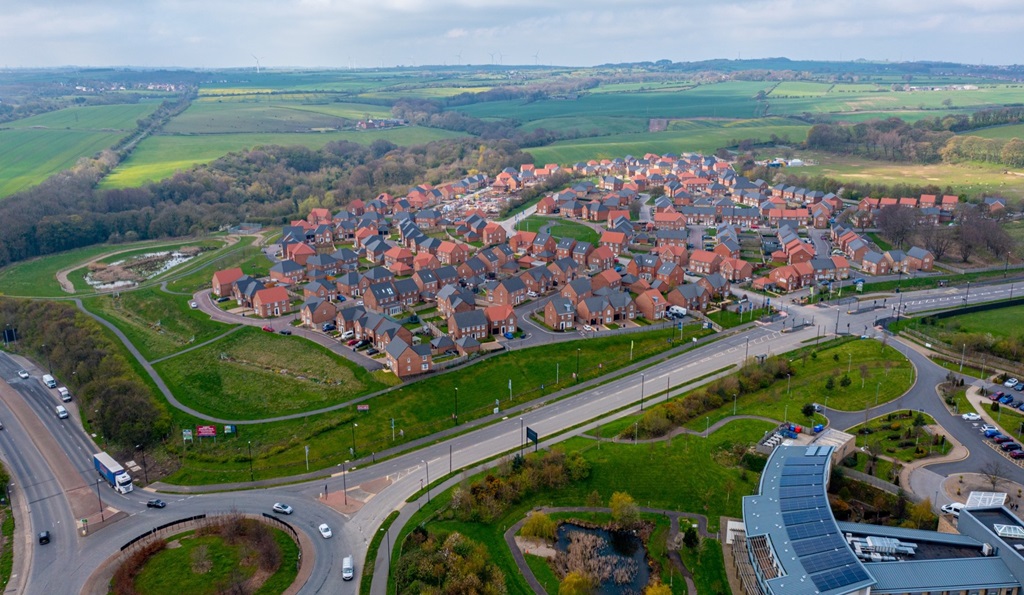North East devolution deal: £1.4bn fund on the table
The way is clear for the North East to become a more self-governing part of the UK, following the signing in late January of a devolution deal.
What the government described as a “historic deal” marks a new agreement between the government and the local authorities of Northumberland, Newcastle, North Tyneside, Gateshead, South Tyneside, Sunderland, and County Durham.
Secretary of state Michael Gove addressed the signing ceremony at the Baltic Centre for Contemporary Art, describing the deal as “bigger, bolder and better” than previous attempts to bring together the regional authorities.
The devolution deal transfers new powers and a £1.4bn investment fund over 30 years, which will enable the new mayor – incoming in May 2024 – and the councils to plan for the long term, with certainty, and unlock the benefits of devolution for 2 million people living in the area, said the government’s Department for Levelling Up, Housing and Communities.
A representative of each of the seven councils will make up an executive cabinet along with the mayor.
In all, £4.2bn is on the table, with elements including:
- Investment fund of £1.4bn, or £48m a year over 30 years, to support inclusive economic growth and support our regeneration priorities
- Indicative budget of around £1.8bn, or £60m a year, for adult education and skills – to meet local skills priorities and improve opportunities for residents
- £900m package of investment to transform transport system, with £563m from the City Regional Sustainable Transport Fund, on top of funding already announced for the region’s buses and metro system
- £69m of investment in housing and regeneration, unlocking sites to bring forward new housing and commercial development
The new North East mayoral combined authority will replace the existing North of Tyne MCA and its mayor, as well as the non-mayoral North East Combined Authority, bringing the region together to provide a more strategic economic geography covering the whole Tyne and Wear region along with Northumberland and Durham.
The changes are still subject to the statutory processes, including local consultation and Parliamentary approval. The online consultation is now open and will run until 23 March.





